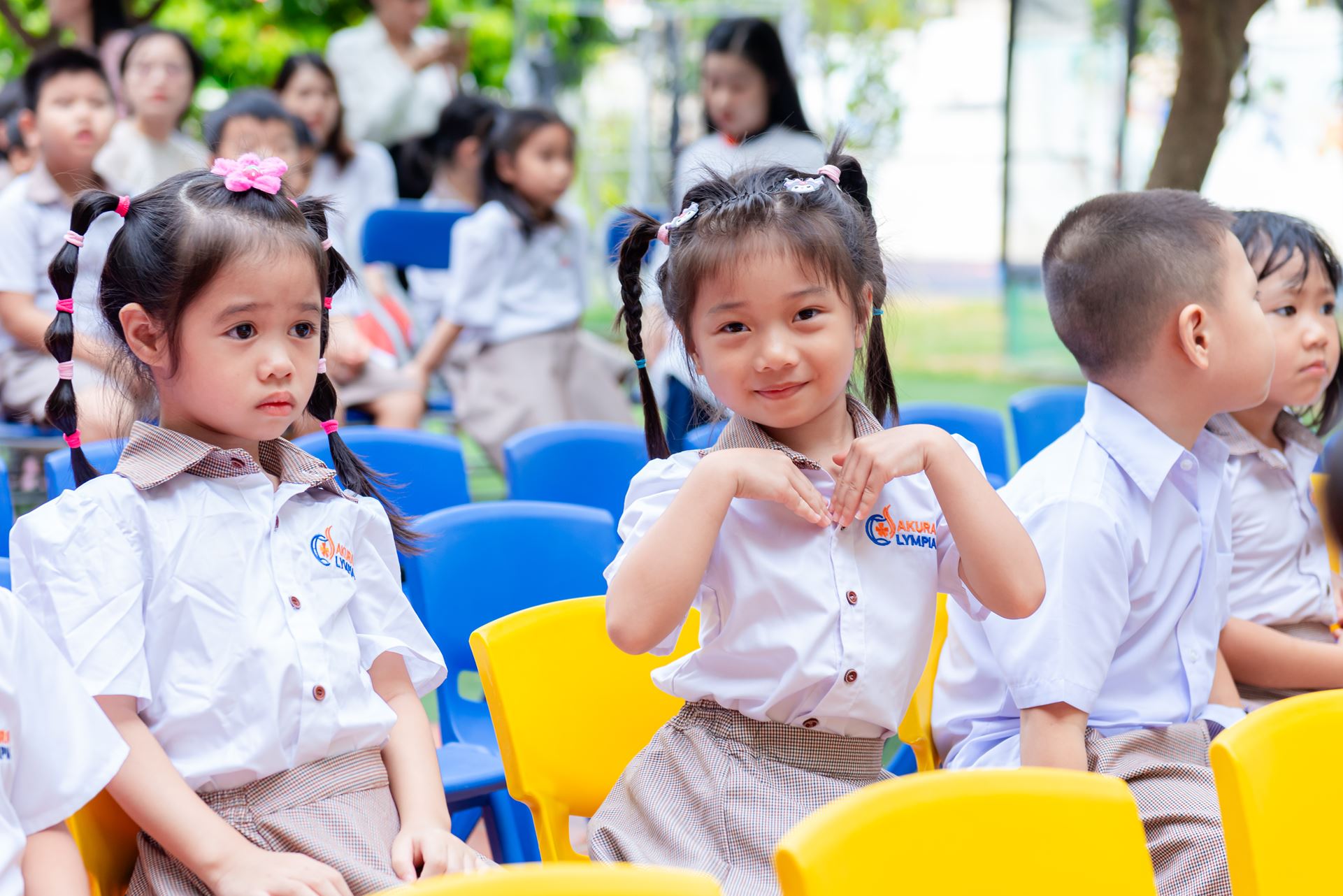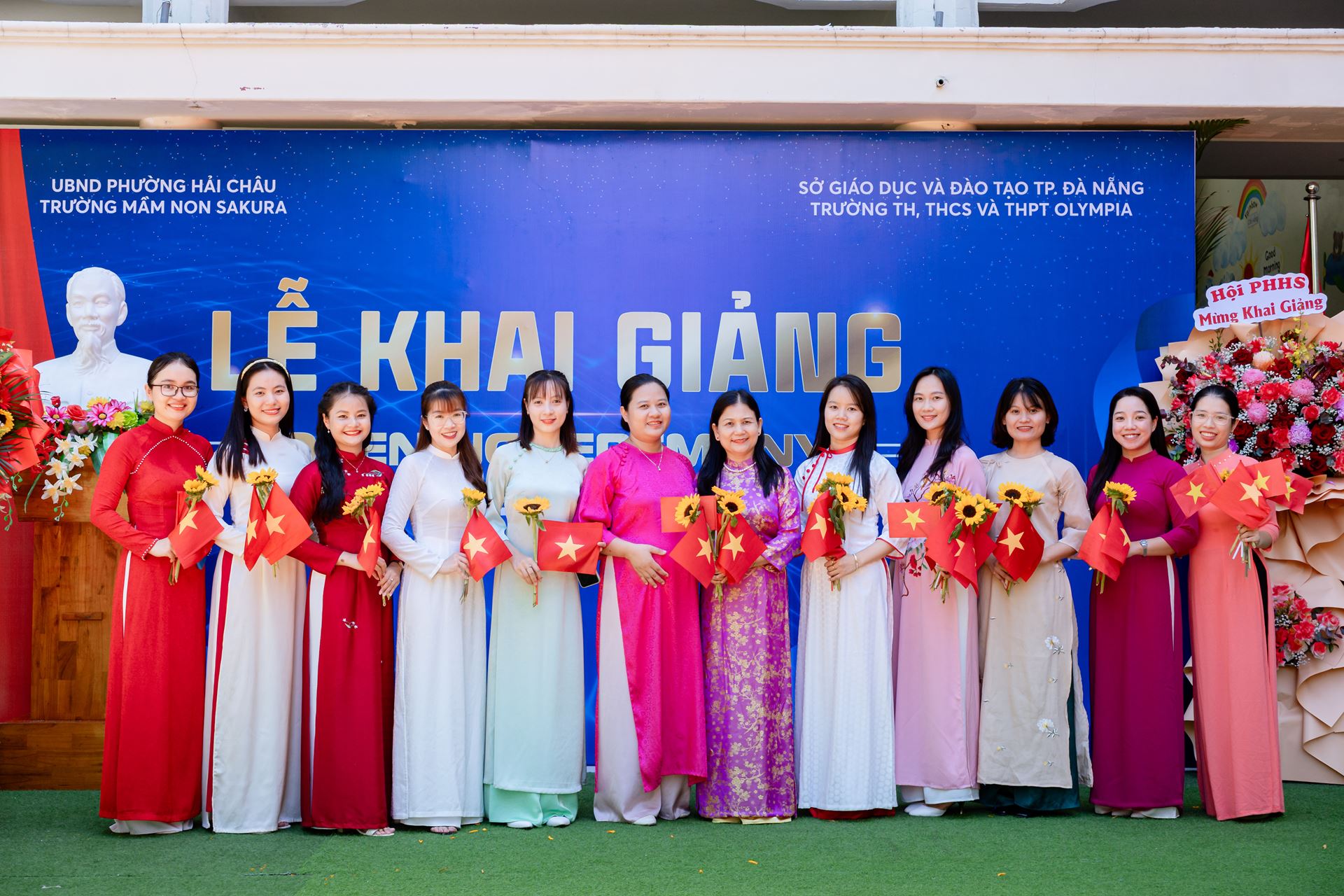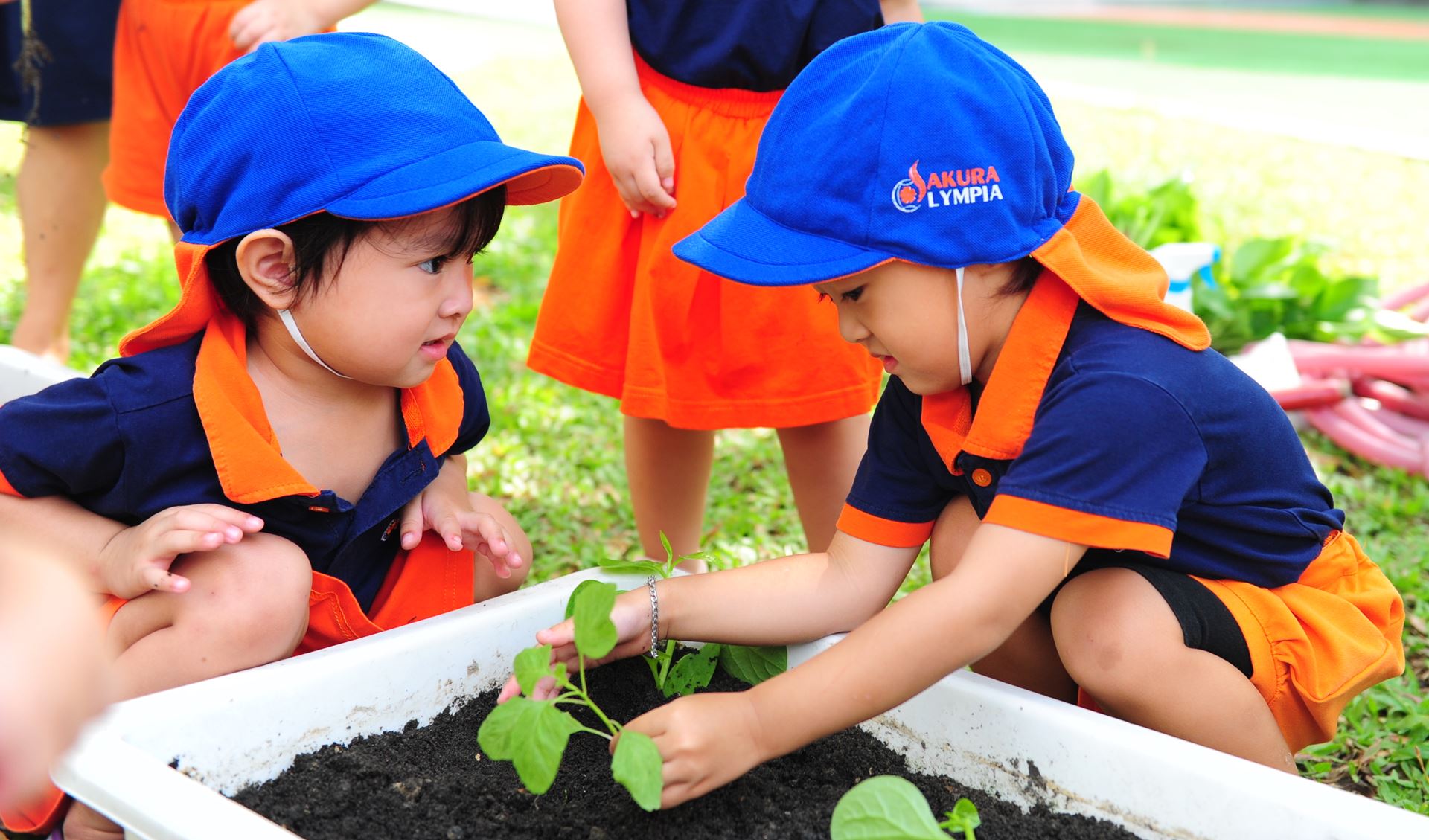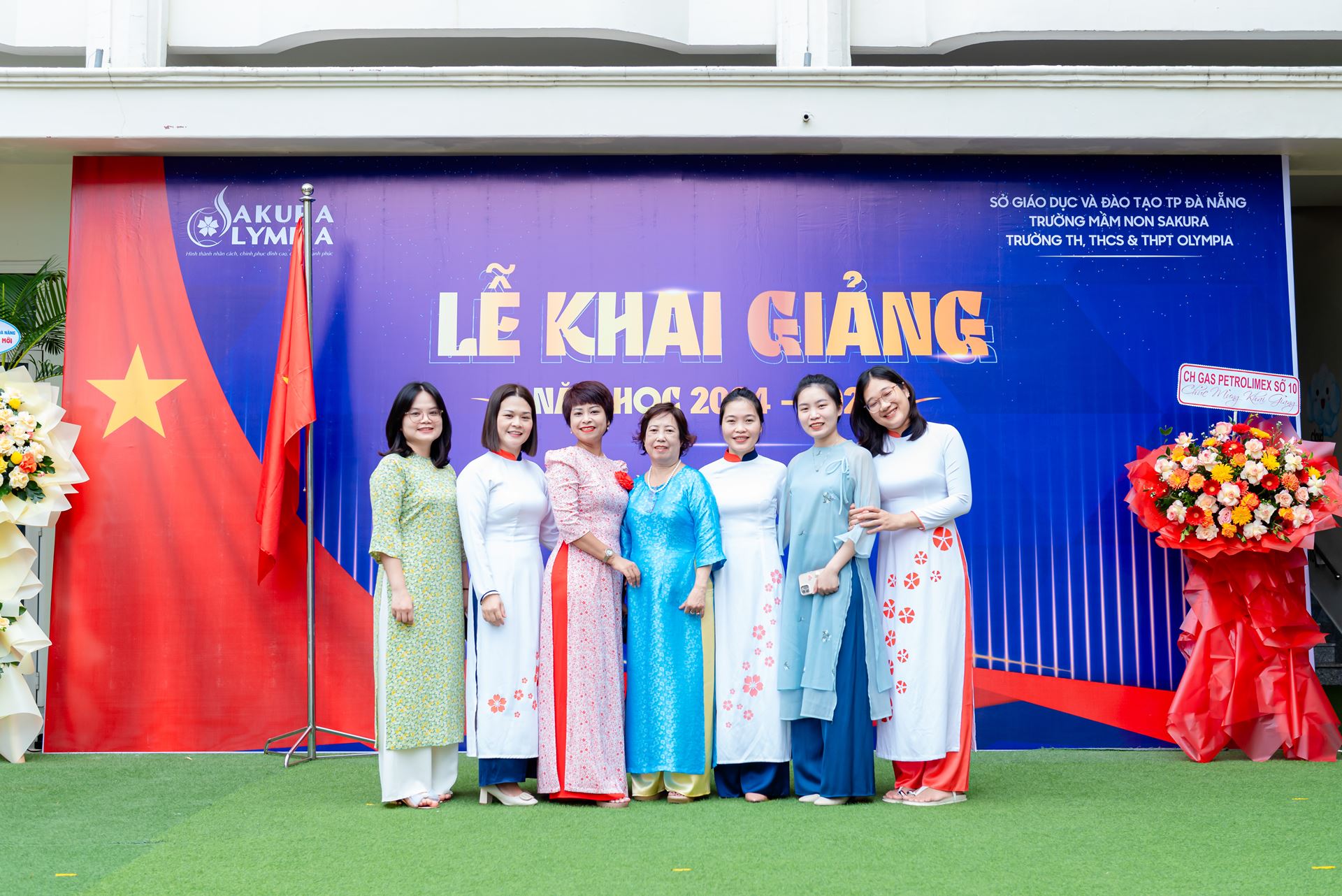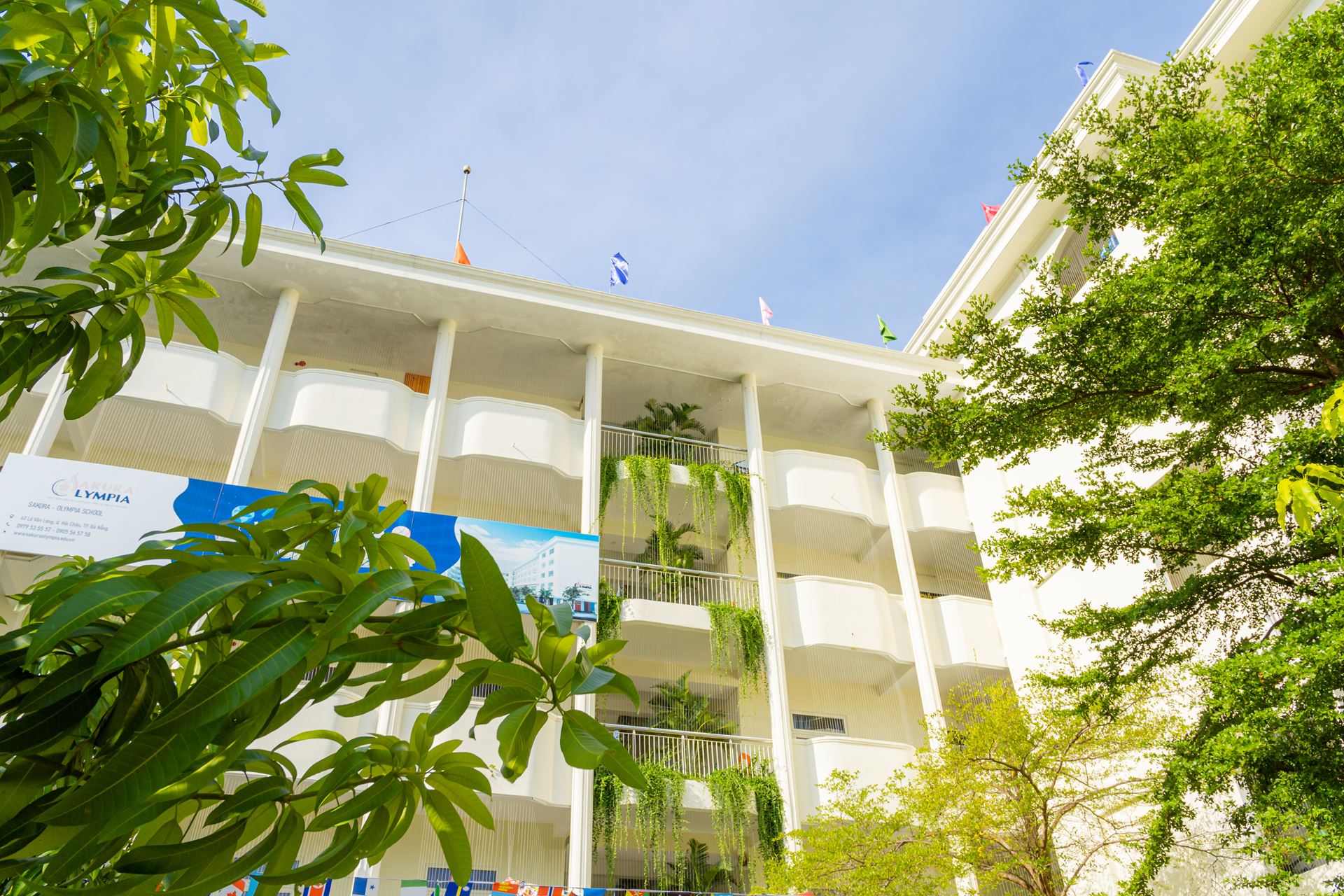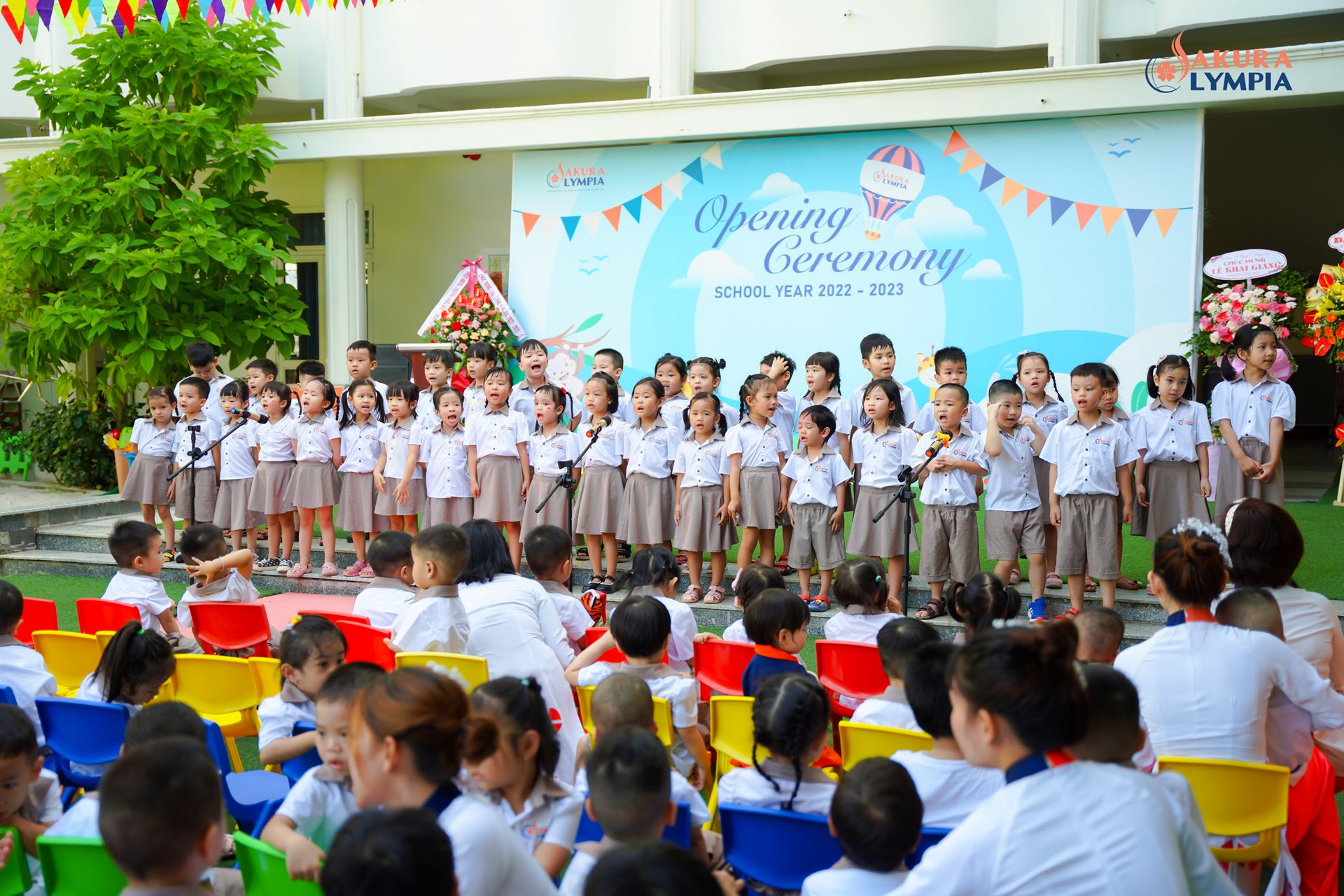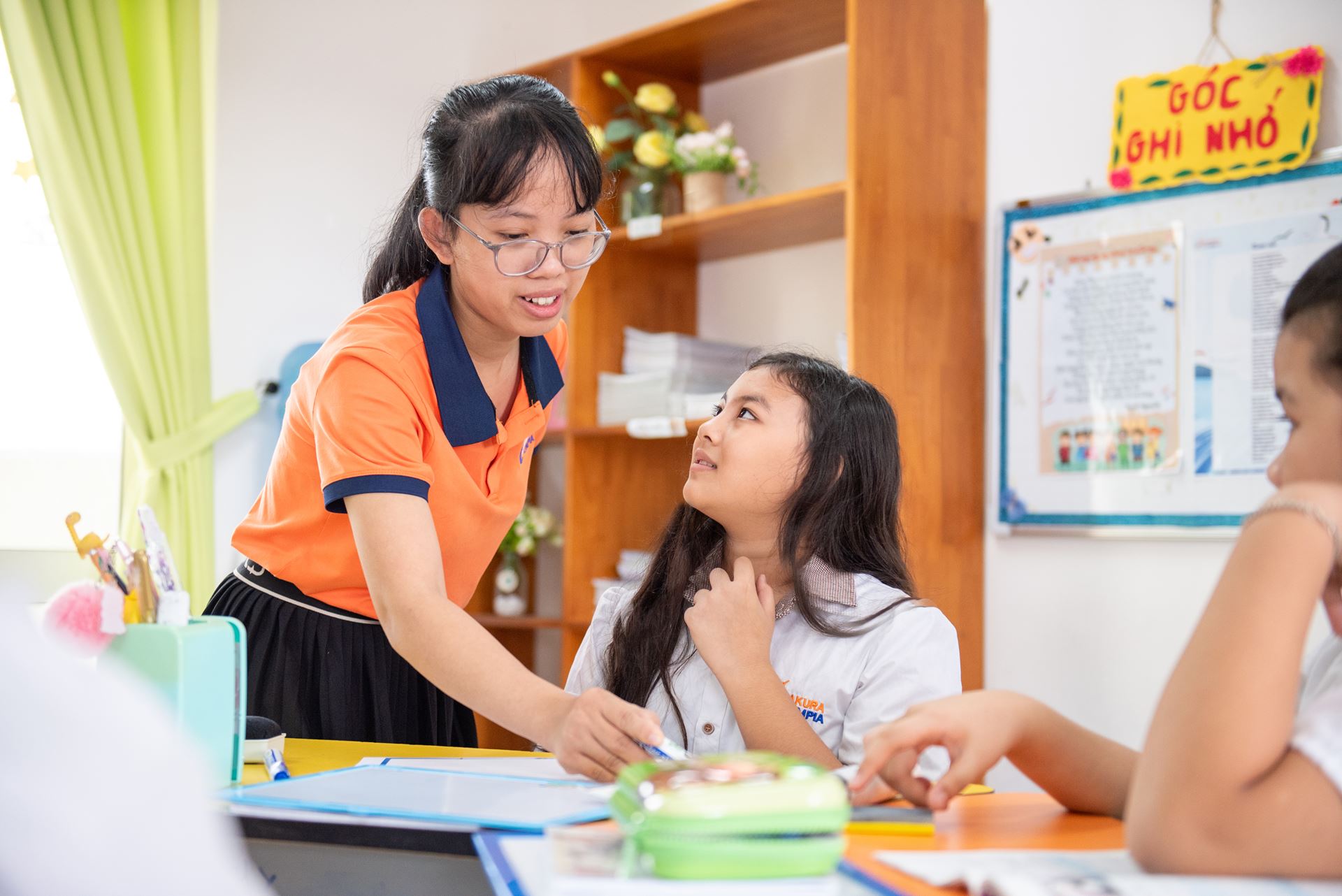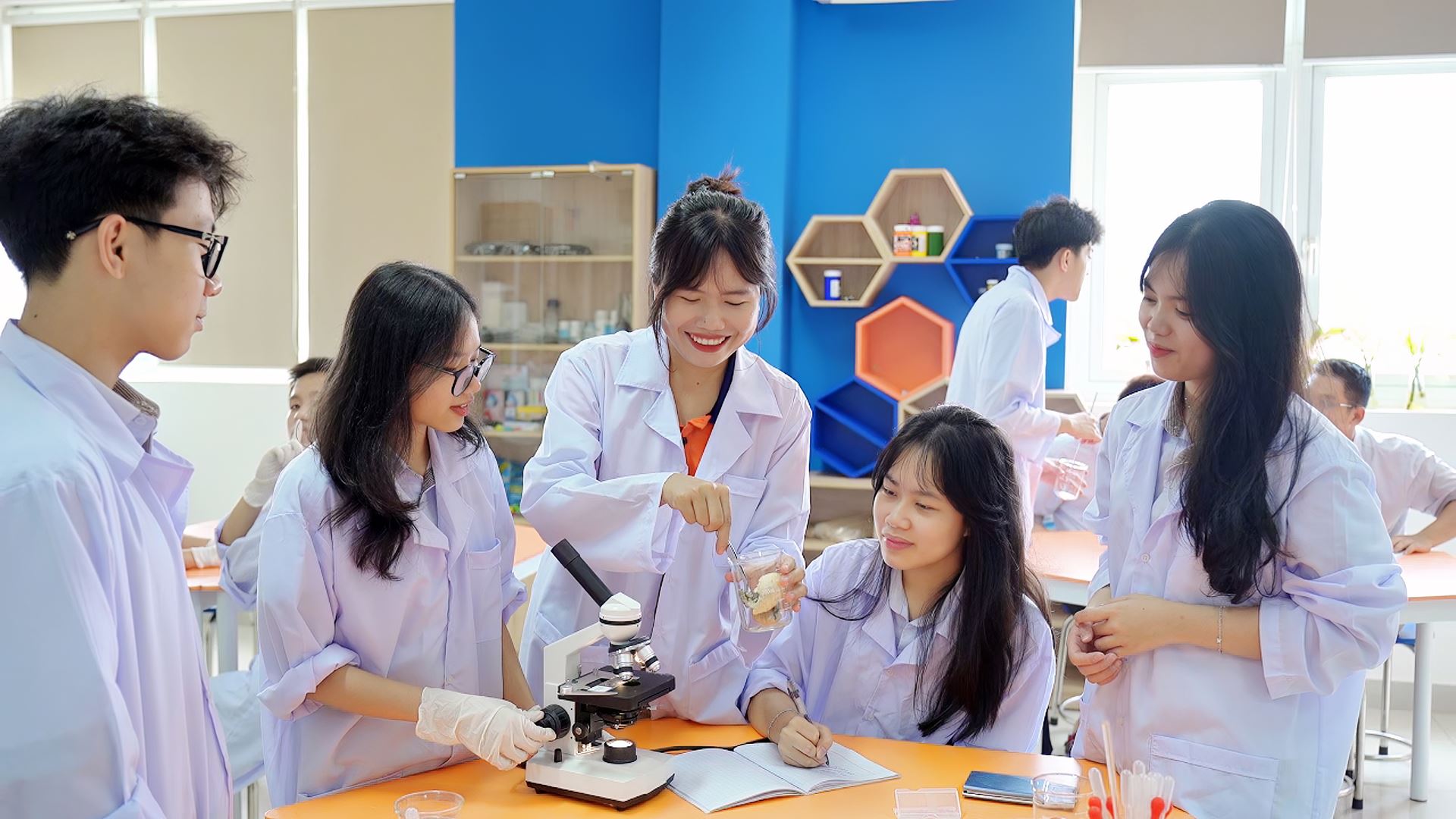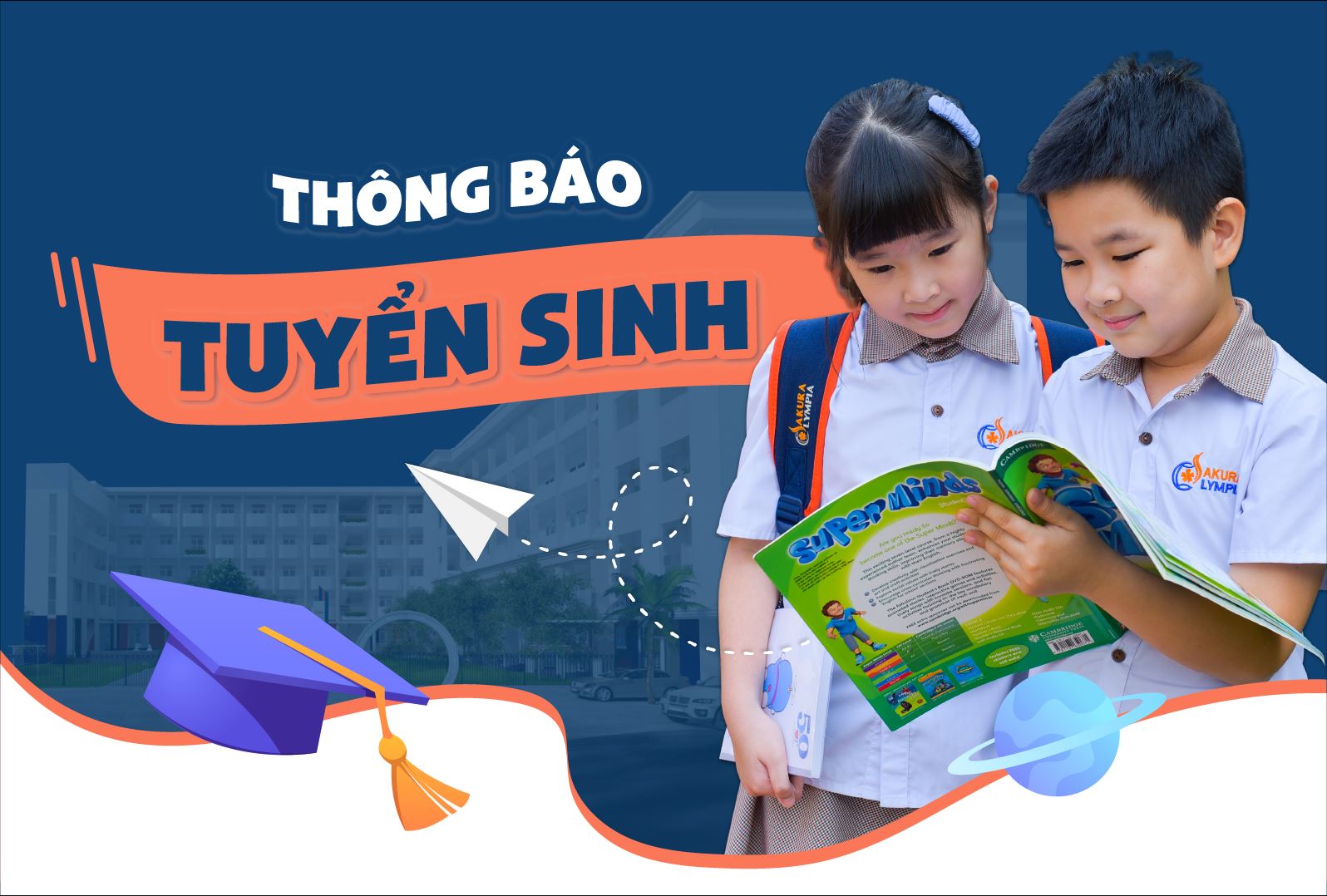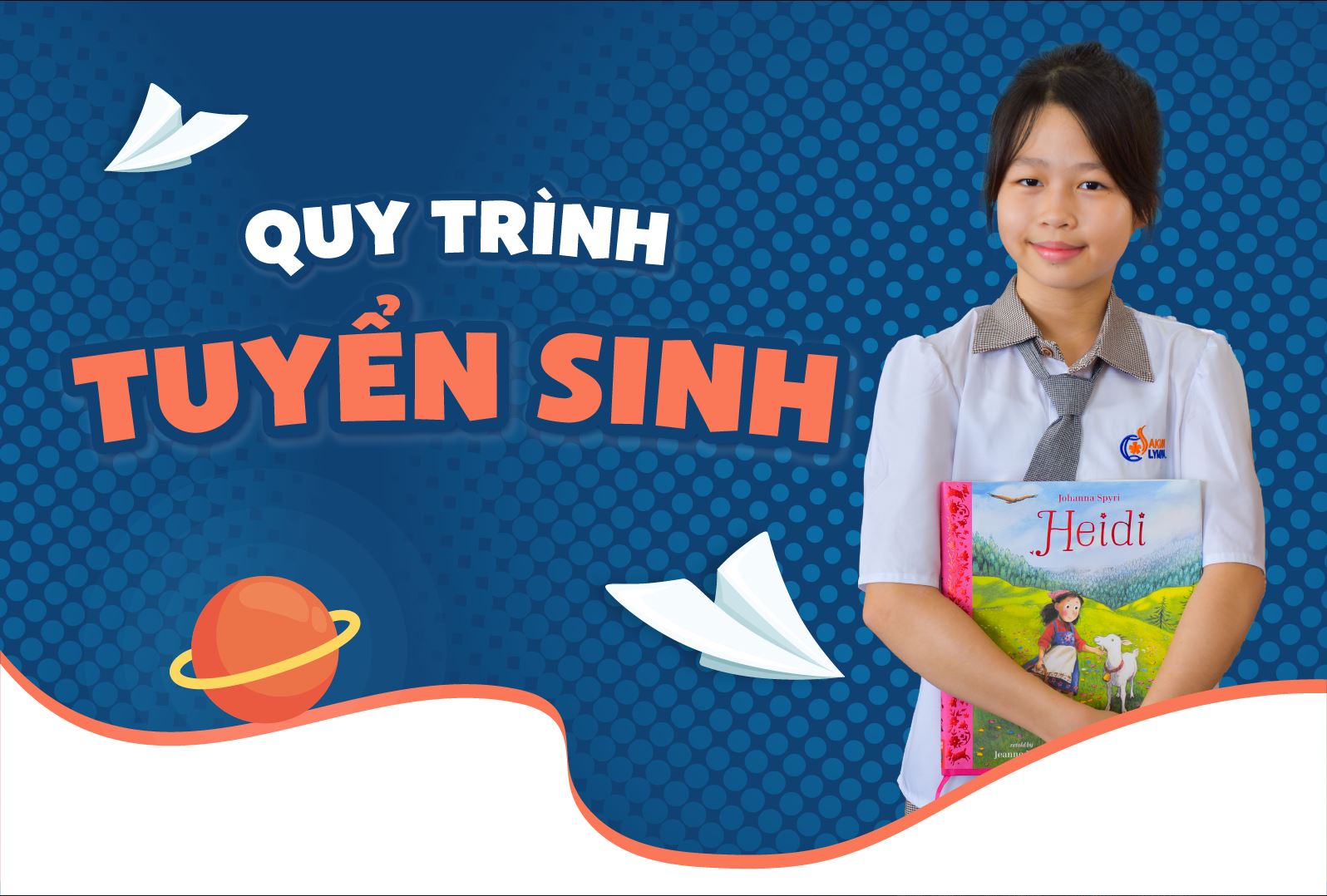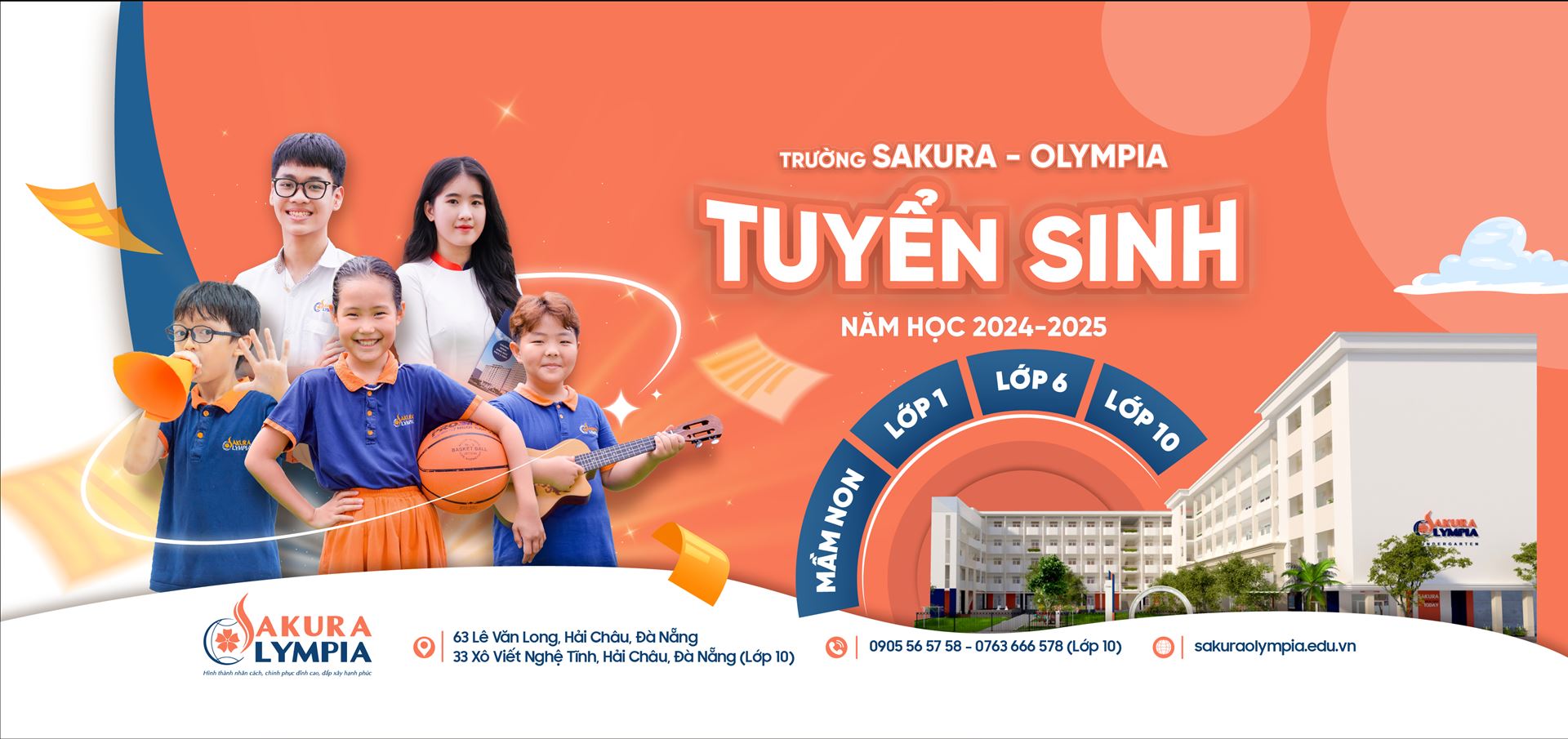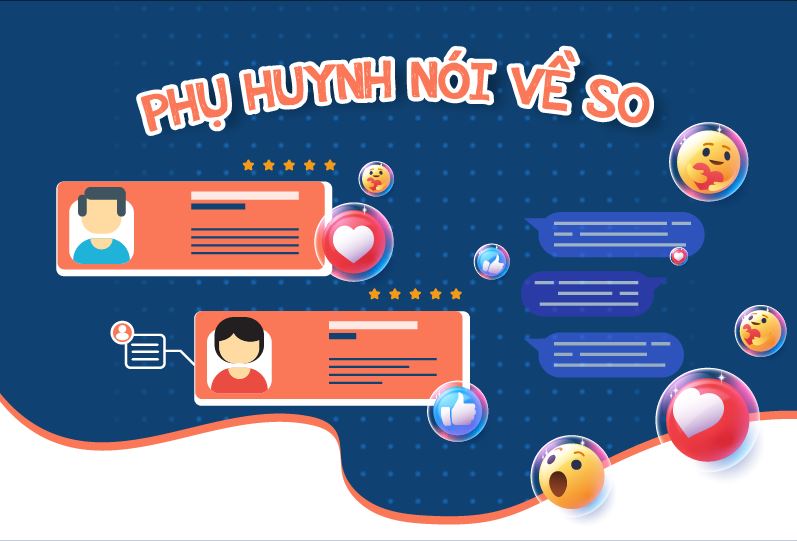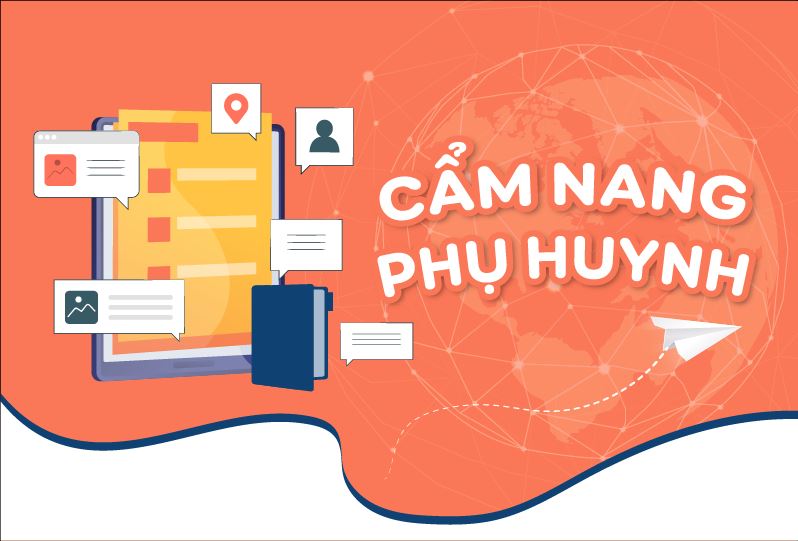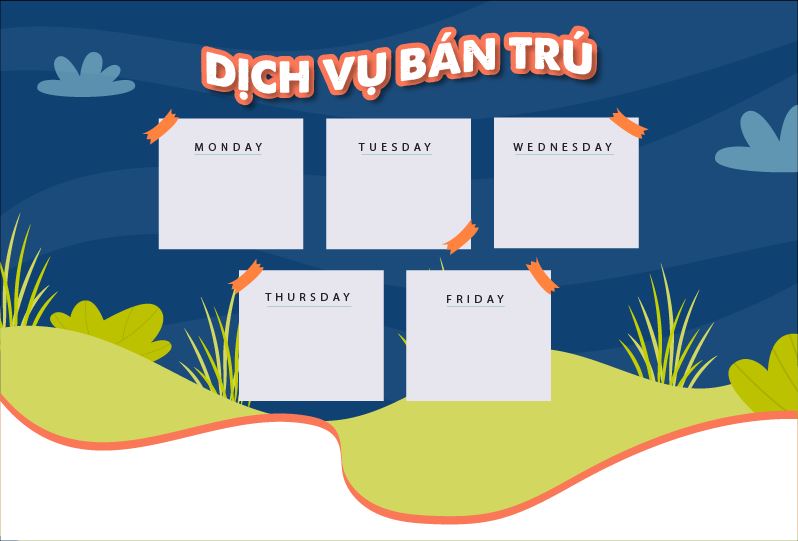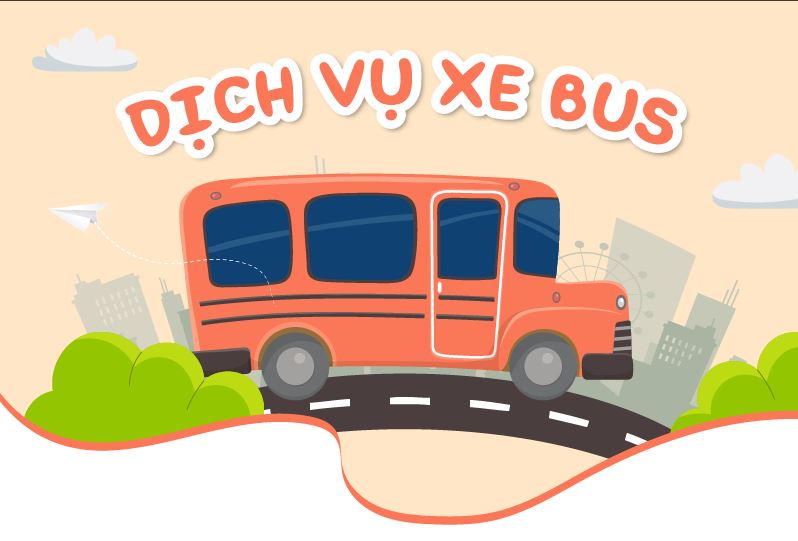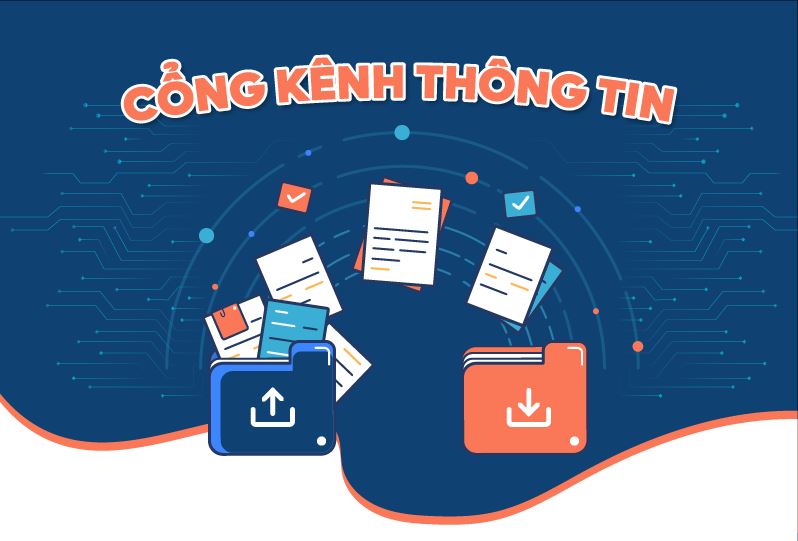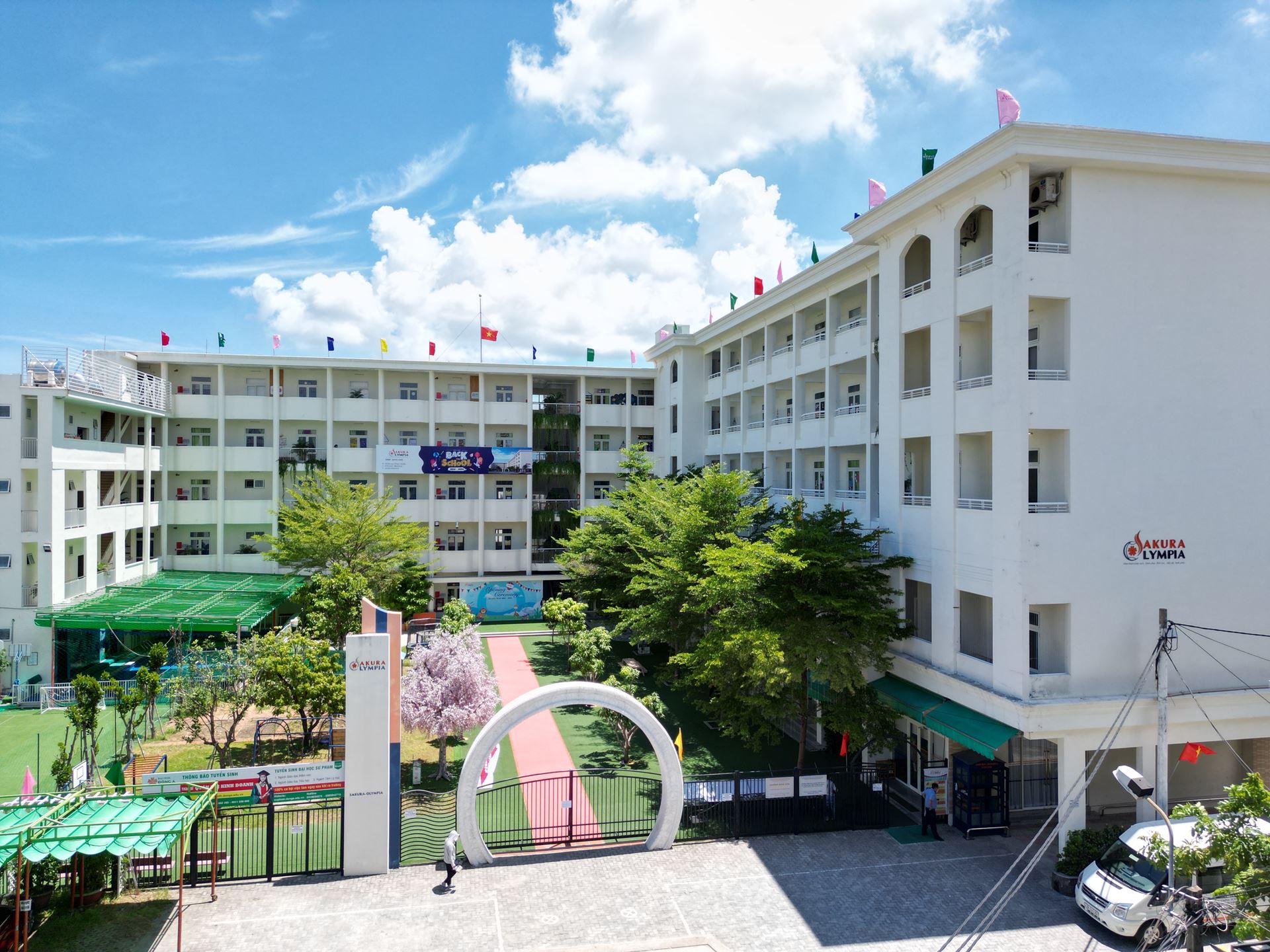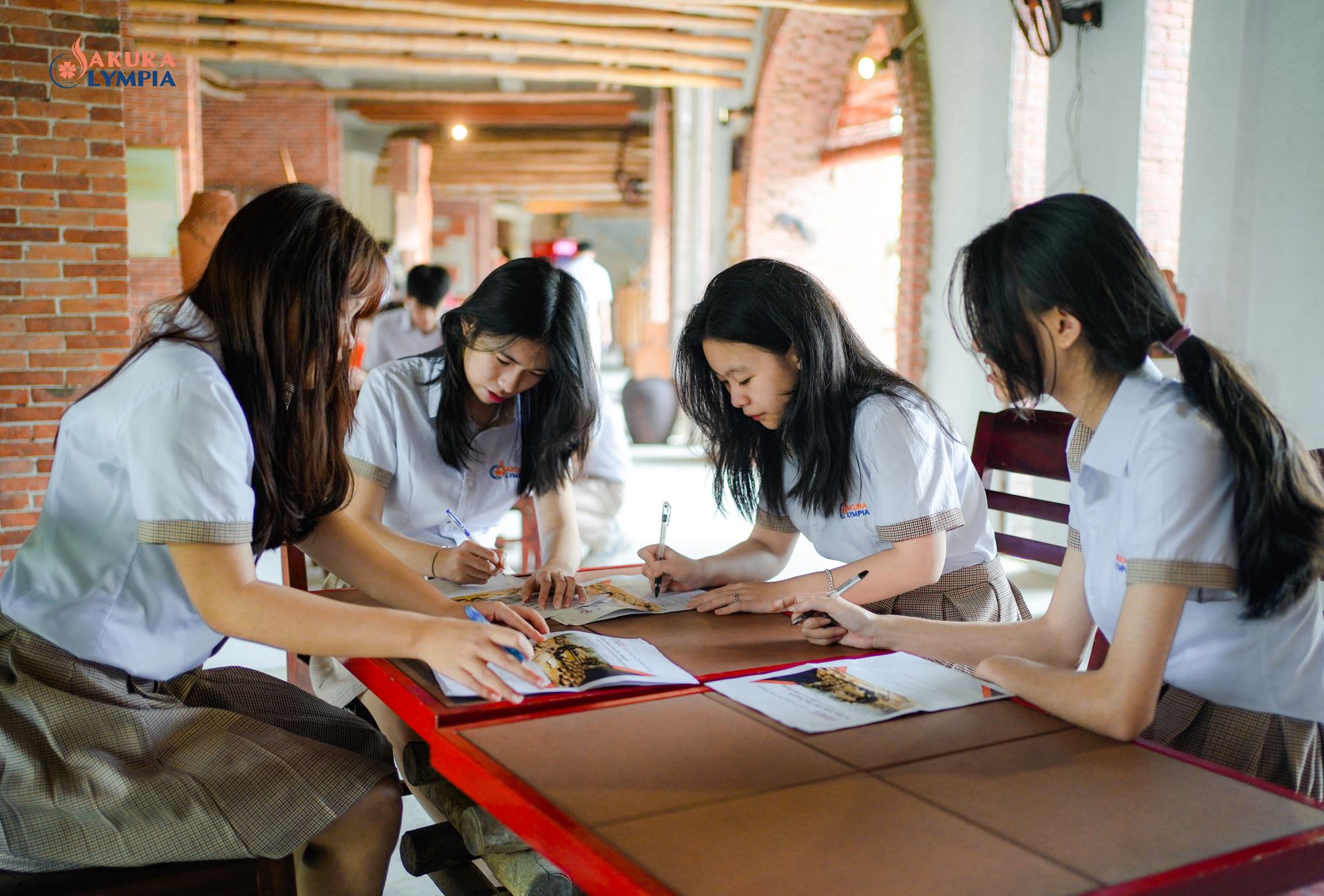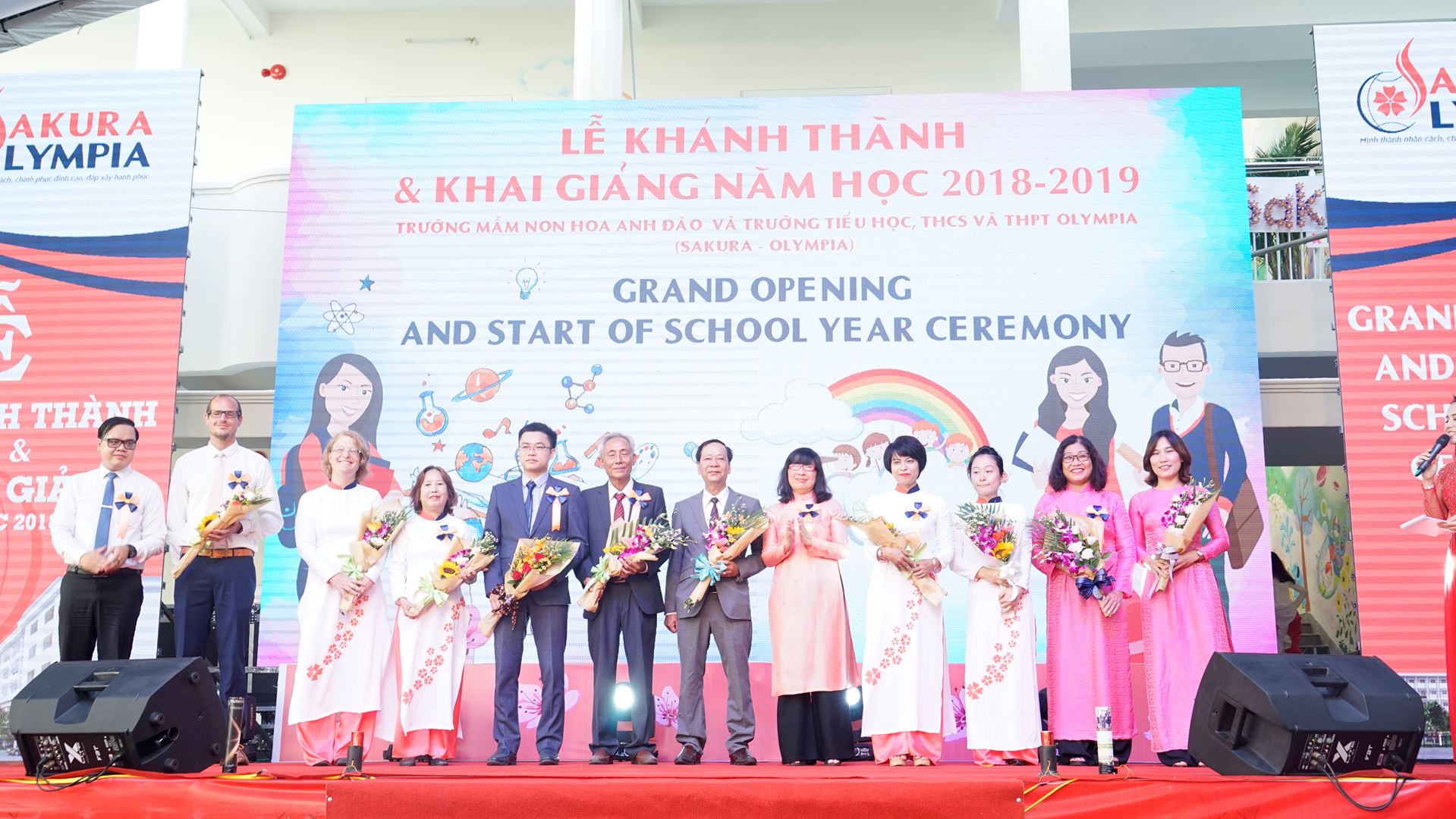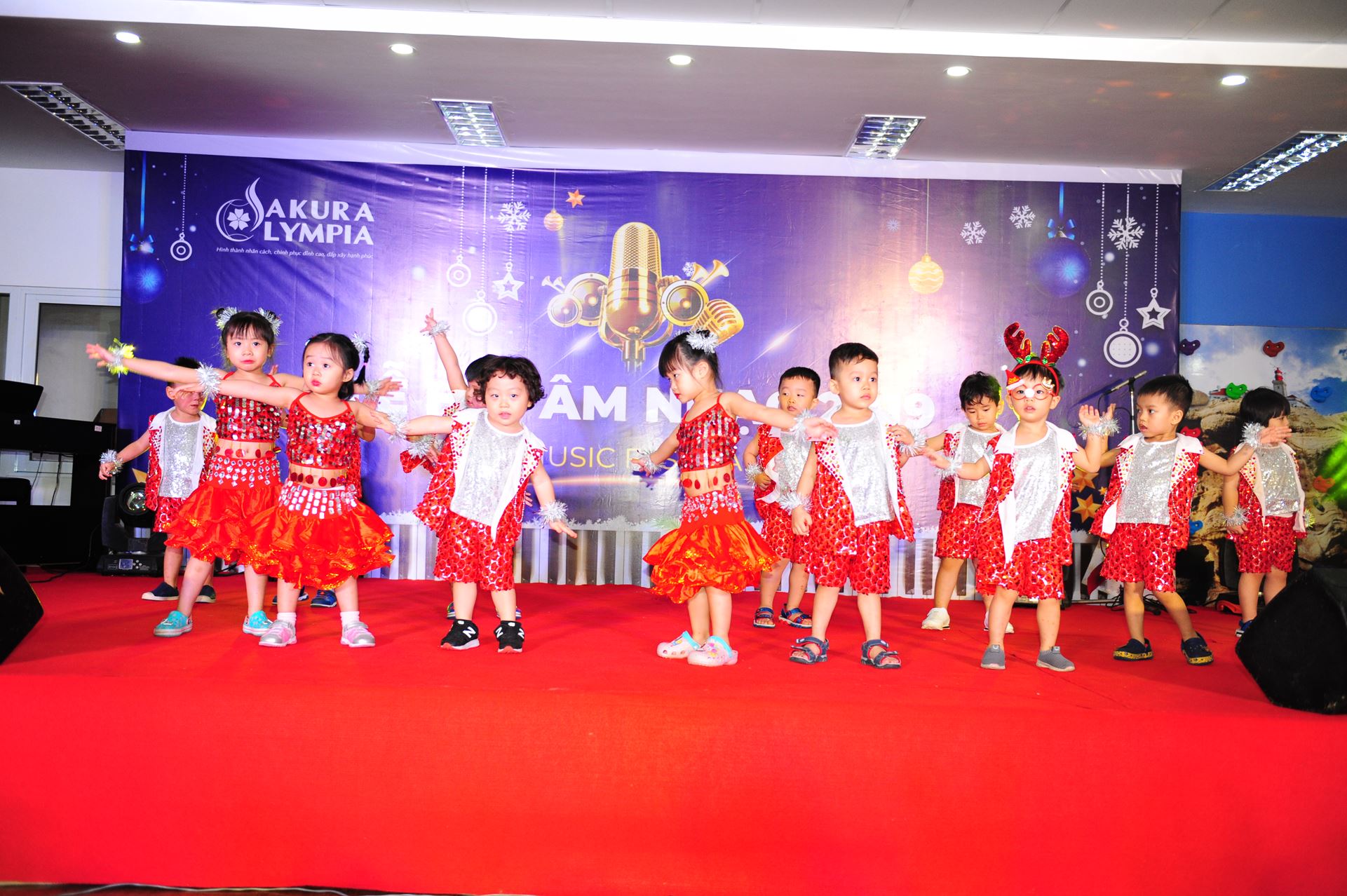BILINGUAL KINDERGARTEN PROGRAM
Date Submitted: 06/02/2023
Sakura Kindergarten, a member of the Sakura - Olympia School System, is a nurturing environment for children aged 18 months to 5 years, where character is carefully cultivated from the earliest stages of development. By adopting the Japanese educational philosophy, the school places a strong emphasis on building core values such as independence, discipline, responsibility, and compassion.
At the same time, children are immersed in English through daily interaction with native-speaking teachers, allowing them to acquire bilingual proficiency in both English and Vietnamese in a natural, engaging way—while continuing to develop a deep appreciation for the Vietnamese language and culture.
The Sakura - Olympia Bilingual Kindergarten Curriculum



At Sakura, children grow not only in body but also in spirit. We believe that every small step in a child’s early journey should be deeply rooted in enduring values, empowering them to step confidently into the larger world that awaits them.
1. Learning Environment

Our spacious, well-ventilated campus is thoughtfully designed to be child-friendly and nature-integrated, encouraging exploration and discovery in an environment closely connected to the natural world.

A bilingual, multicultural setting with diverse English-language activities offers children daily opportunities to practice and develop natural English reflexes through authentic communication.
2. Teachers


At Sakura Kindergarten, our teachers possess a deep understanding of early childhood psychology. They are dedicated to supporting each child’s development with gentleness and care.
The team undergoes regular training with Japanese early childhood education experts to ensure our educational practices consistently foster strong moral character and personal growth in every student.
3. Educational Program
3.1. Vietnamese Kindergarten Curriculum Integrated with Japanese Early Childhood Education Philosophy.

- Children are taught essential moral values such as politeness, humility, gratitude, and the confidence to express greetings, thanks, and apologies.
- They are entrusted with responsibilities that foster independence and are encouraged to perform daily tasks on their own, building essential life skills.
- Through collaborative activities, children develop a strong sense of responsibility, teamwork, discipline, and determination.
3.2. English Language Program

Our English program is scientifically structured, age-appropriate, and integrated with real-life activities guided by native English-speaking teachers:
- Ages 18–24 months: Exposure to English through familiar images and sounds from the surrounding environment.
- Ages 3–4: Introduction to the English alphabet, pronunciation, basic vocabulary, and simple sentence structures related to everyday life.
- Ages 4–5: Acquisition of vocabulary and basic grammar on familiar topics, with growing confidence in using English in practice.
- Pre-primary stage: Strengthening of English reflexes and comprehensive language development, especially listening and speaking skills, as a foundation for reading and writing in primary school.
3.3. 10 Good Habits Development Program

Kindergarten is a “golden period” for nurturing positive values and character traits that will shape lifelong behaviors. Sakura collaborates closely with families to cultivate a nurturing environment that promotes the development of ten core habits: Politeness; Cleanliness; Tidiness; Discipline & Punctuality; Honesty & Respect for Diversity; Friendliness & Cooperation; Responsibility; Self-protection; Independence; and a Love for Reading.
3.4. Reading Skills Development Program

At Sakura - Olympia, our Reading Skills Program aims to expose preschoolers to 400–600 books by the end of their early education, including around 30% bilingual titles across a wide range of age-appropriate topics and genres. Our teachers are trained in storytelling techniques that captivate young learners. Book-sharing activities with friends, as well as reading time with parents at home, further enhance children’s reading experiences.
3.5. Talent Development Program

Preschoolers at Sakura are introduced to a variety of Art (drawing, sculpting, tearing and pasting, cutting, Origami) and Music activities (listening and singing, musical games, rhythm clapping, playing simple instruments, performing), all of which foster creativity and a lasting love for the arts from an early age.
3.6. Physical Education Program

Our physical education program emphasizes strength development, encourages a love for movement, and places special focus on swimming. Children engage in a range of activities—indoors, outdoors, on field trips, and during school-wide events—that promote active learning in a vibrant, energetic environment.
3.7. Field Trips & Extracurricular Activities

Exciting field trips provide opportunities for children to connect with nature, explore their surroundings, and develop essential life and social skills.
We regularly organize extracurricular events that support talent development, enhance English language practice, and strengthen family bonds. These include:
- Monthly birthday celebrations
- Talent festivals
- Parent-child engagement days
- Annual family-themed events
4. Nutritious and Safe Meal Program

A diverse and balanced menu is prepared using 100% clean food from An Phu Farm, ensuring optimal health and nutrition for every child. The school also provides specialized meal plans for students with food allergies.
All food ingredients are subject to strict quality control upon delivery. Our industrial kitchen follows a one-way food processing system that complies with all food hygiene and safety standards.
The kitchen staff are experienced and thoroughly trained in food hygiene and safety protocols. They always wear clean and tidy uniforms, use face masks, and change gloves after each stage of food preparation. Regular health checks are conducted to ensure staff well-being and hygiene compliance.
The school does not store frozen food. All leftover food is disposed of transparently and completely—no reuse is permitted.
During mealtimes, students are also educated on self-service skills, the importance of respecting food and understanding the nutritional value of each meal.
